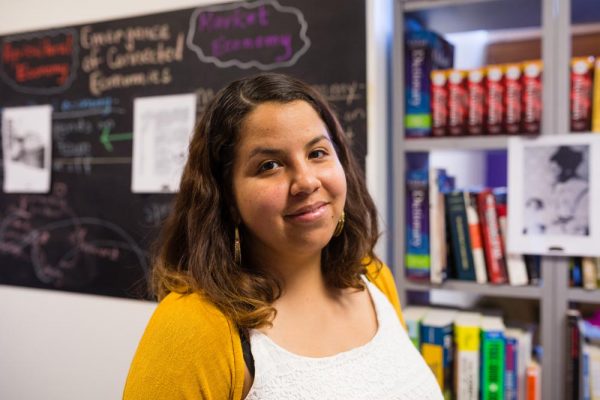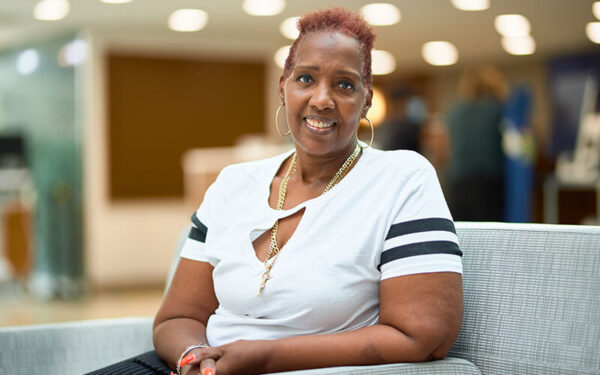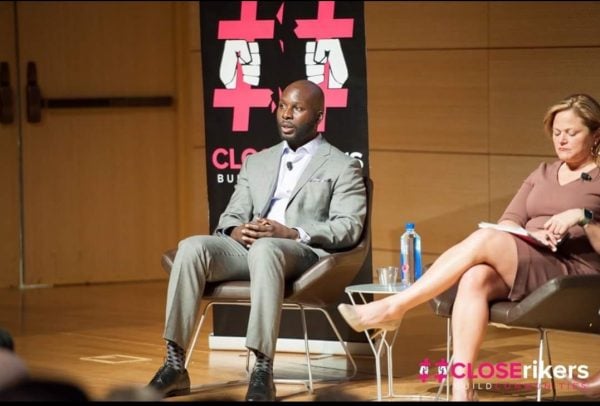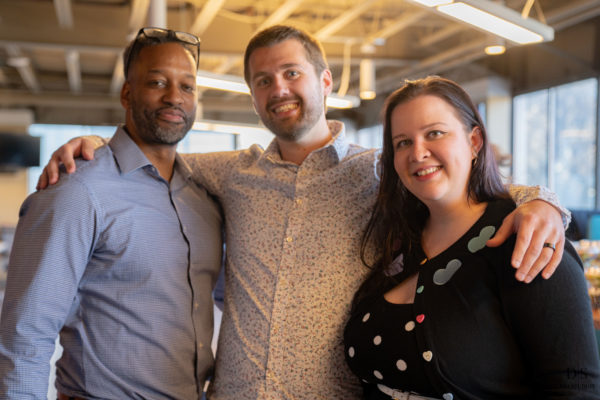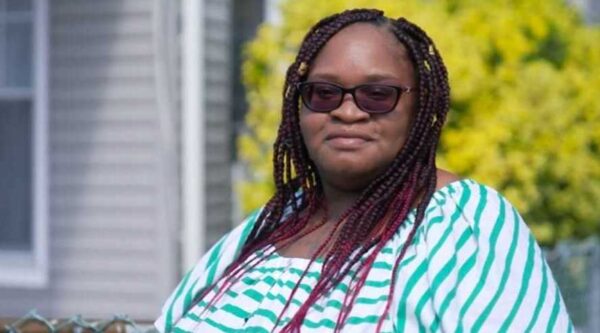Reentry & Alumni Affairs
Putting education to work
What happens when BPI alumni return home from prison?
Returning home from prison presents an extraordinary number of legal and bureaucratic hurdles. For BPI alumni, preparation for reentry begins inside prison with their decision to apply to college, and builds through years of intensive academic engagement and advising. As they leave prison, alumni join an extensive network of staff, partners, and most importantly, fellow graduates who provide critical support to navigate life post-release and build personally-meaningful futures in New York City, the Capital Region of New York, and beyond.
Visit our Blog for Alumni News & Updates
“Learning to code made me employable; learning history made that matter.”
—Ornell
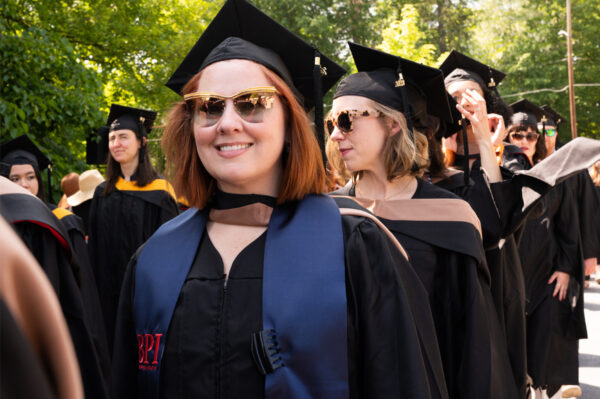
Schools where BPI alumni continue their education
Bard College
Columbia University
City University of New York Baccalaureate for Unique and Interdisciplinary Studies
Hunter College
John Jay College of Criminal Justice
New York University
Yale University
Georgetown University
Where BPI alumni work
Adams Buckner Advisors
Bard Prison Initiative
Bronx Defender Services
Center for Community Alternatives
Ford Foundation
Galaxy Gives
Innocence Project
ITHAKA S+R
The New School
New York City Department of Health
Philadelphia Community Bail Fund
Project EATS
YouthBuild
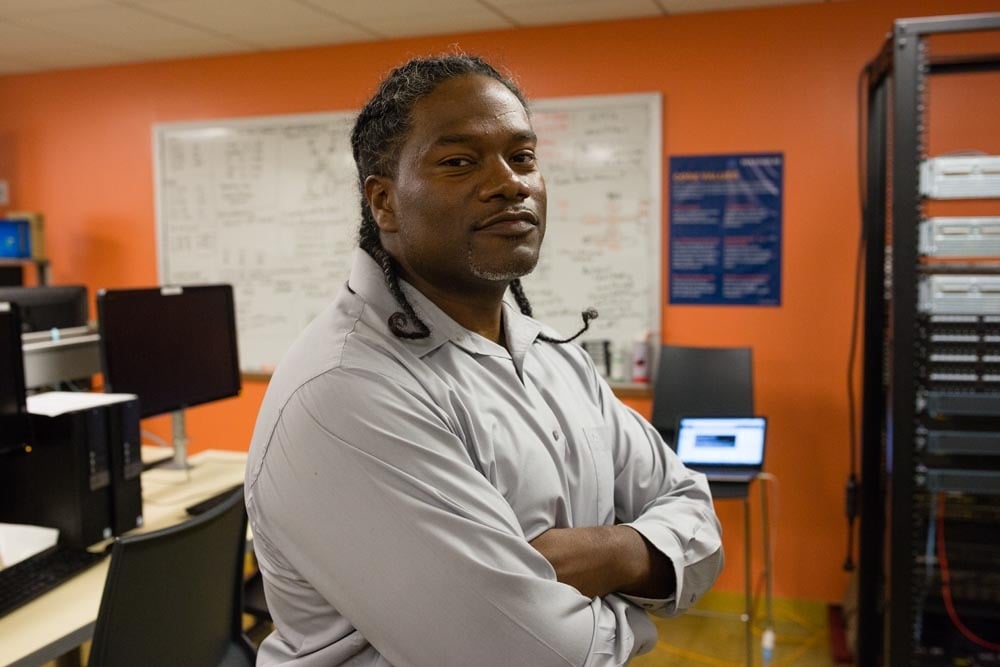
By The Numbers
BPI fellowships and internships
BPI’s fellowship programs represent an opportunity for formerly incarcerated professionals to deepen their knowledge and prepare for leadership positions in research, policy, and practice in their communities. For BPI alumni, it creates a bridge from curricular specializations through coursework taken while incarcerated to career development pathways upon returning home.
Public Health Fellowship
In prison, Public Health is a central feature of the BPI curriculum. In New York City, the BPI Public Health Fellowship engages formerly incarcerated women and men in critical discussions about health equity and neighborhood revitalization. The Fellowship combines academic study, professional development, and job placement as alumni pursue careers in Public Health.
Sustainability and Community Engagement
Sustainability and Community Engagement Fellows design and implement projects aligned with the foundational ideas and practical skills required to (1) recognize the ways we are inextricably connected to each other and the world around us, including built and natural systems, and; (2) promote personal and community improvement related to public health promotion, food justice/apartheid, environmental justice, climate justice and sustainability.
Education Fellowship
The BPI Education Fellowship is dedicated to preparing alumni to become leading professionals working in core areas of education and schooling that affect the communities from which they come. Fellows will build skills integral to this field, receiving professional development support for their future educational and/or career endeavors.
Ford Foundation Associate Fellowship
At its headquarters in New York City, the Ford Foundation has established one-year paid Business Associate Fellowships for BPI alumni. The fellowships provide Associates the option of spending their year in three-month rotations among the IT, finance, communications, and human resources departments or dedicating the entire year to one of those four departments.


